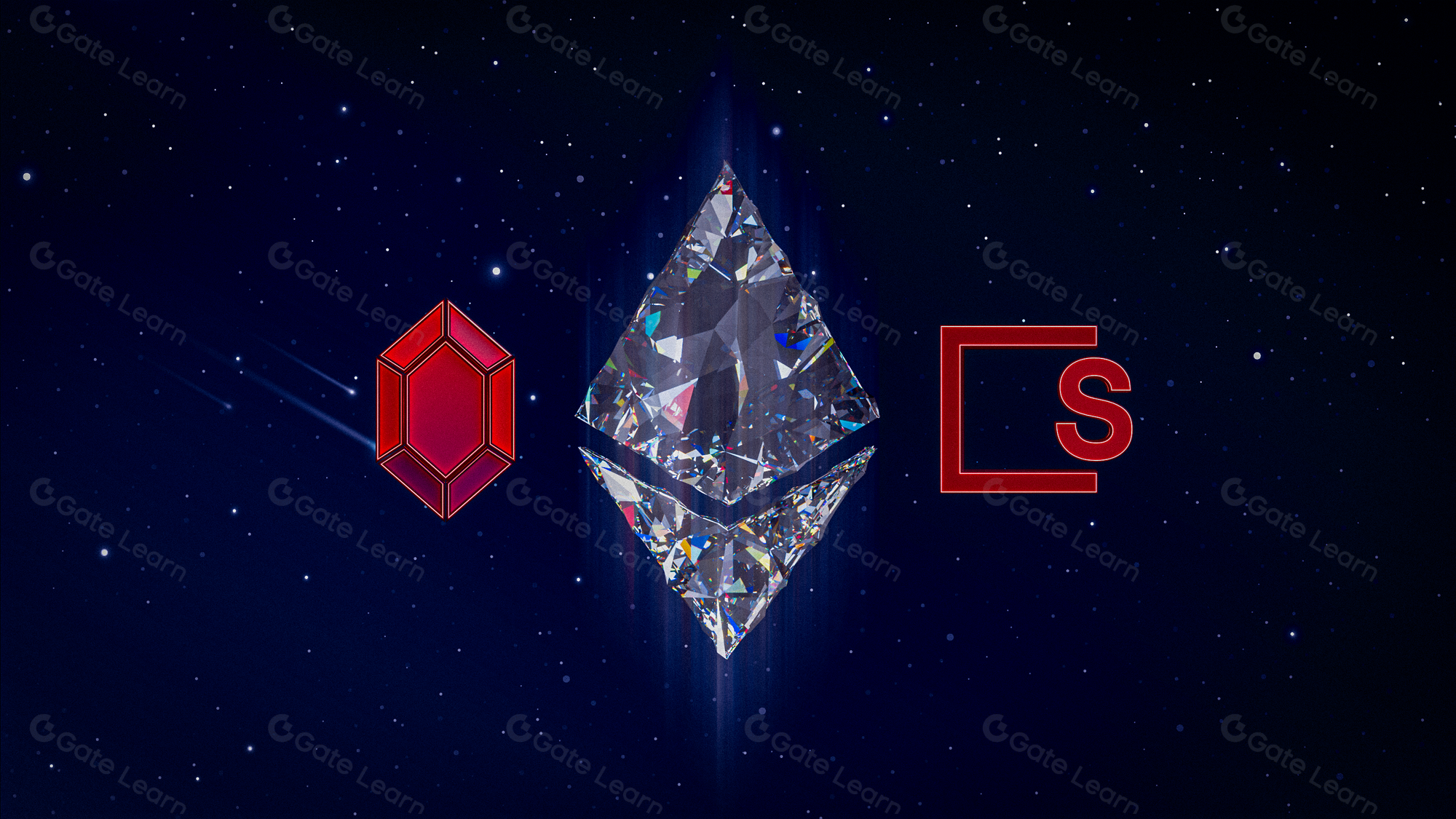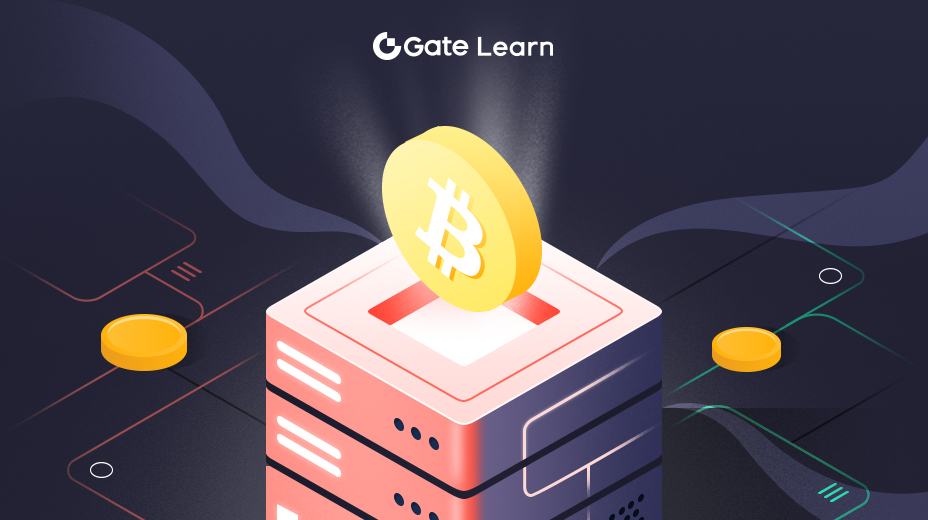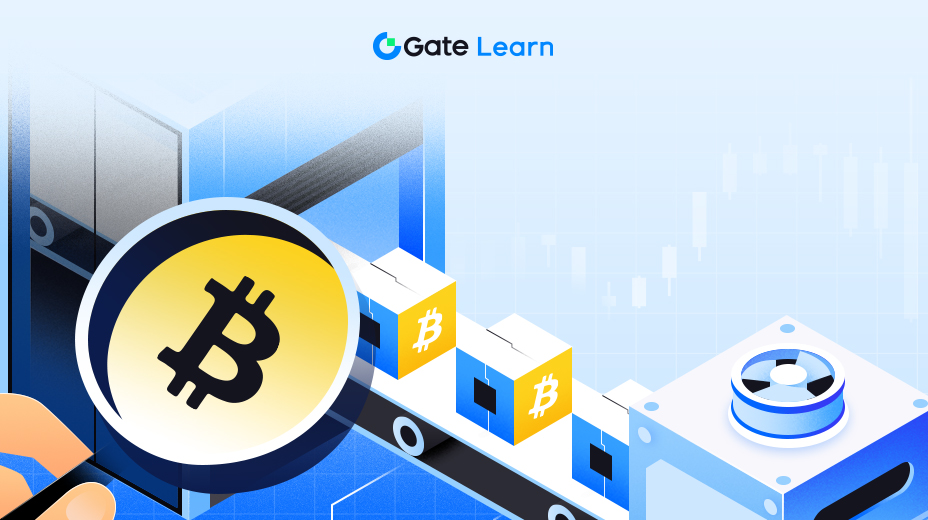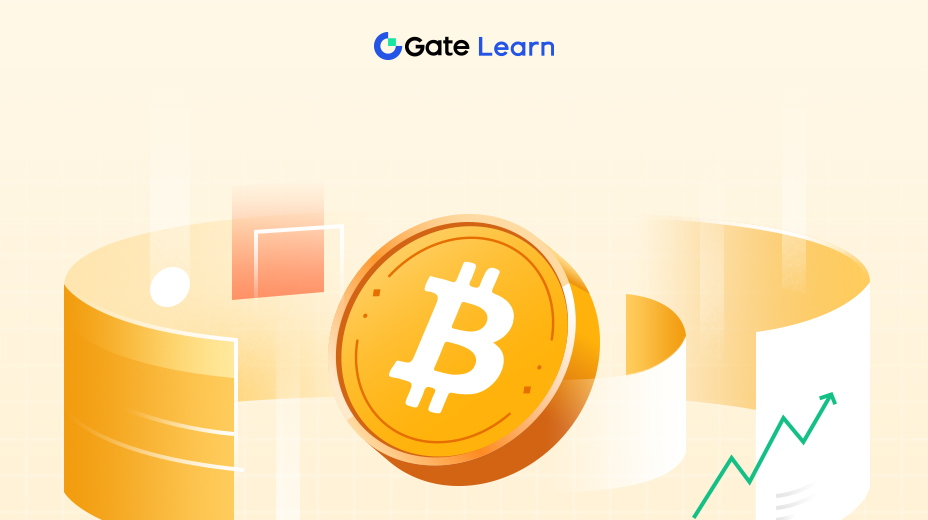Примеры использования и приложения
Этот модуль предоставляет подробные технические знания об инфраструктуре SKALE, демонстрируя, как она поддерживает высокую производительность, масштабируемость и безопасность децентрализованных приложений.
Разработчики могут использовать высокую производительность и масштабируемость сети SKALE для создания и развертывания децентрализованных приложений (dApp). Этот процесс разработки включает множество шагов, основное внимание уделяется настройке технологий и лучшим практикам для обеспечения оптимальной производительности приложения.
Во-первых, разработчику нужно получить доступ к SDK (набору инструментов разработки программного обеспечения) цепи SKALE, которое позволяет запускать локальную цепь SKALE и предоставляет песочницу для тестирования и разработки. SDK поддерживает необходимые функции, такие как совместимость с EVM, что упрощает перенос существующего приложения dApp на SKALE. Разработчики могут загрузить SDK с GitHub и настроить свою локальную среду разработки, следуя инструкциям в документации.

Как только настроена среда разработки, разработчики могут развернуть свои смарт-контракты на цепочке SKALE. Этот процесс включает написание контрактов на Solidity и развертывание их с помощью инструментов, таких как Hardhat или Truffle. Цепочка SKALE использует токен под названием sFUEL для оплаты комиссий за транзакции, что упрощает пользовательский опыт, устраняя необходимость оплаты комиссии за газ со стороны пользователей. Разработчики могут распределять sFUEL своим пользователям, обеспечивая бесплатность и без трения в транзакциях.
SKALE поддерживает взаимодействие с Ethereum через прокси-сервер межблокчейн-сообщений (IMA). Разработчики могут создавать пользовательские мосты для отображения токенов и обеспечения коммуникации между сетью SKALE и основной сетью Ethereum.
Для достижения наилучшей производительности разработчикам следует следовать bewbww,например, эффективному управлению состоянием, соответствующему использованию хранилища и минимализации вычислений на цепочке. SKALE предоставляет подробные руководства и примеры, которые помогут разработчикам реализовать эти лучшие практики. Например, использование режима множественных транзакций (MTM, Multi-Transaction Mode) может повысить пропускную способность и эффективно обрабатывать большие объемы внезапного трафика.
Исследование случаев
В настоящее время несколько проектов успешно развернуты в сети SKALE, что демонстрирует их способности в реальных сценариях. Эти кейсы подчеркивают технические вызовы и предлагаемые решения инфраструктуры SKALE.
StrayShot

StrayShot - игра снайпера, в которой можно зарабатывать во время игры (P2E). Она использует технологию SKALE для поддержки сложных внутриигровых сделок и взаимодействия. Благодаря высокой пропускной способности SKALE удается обработать большое количество одновременных игроков, обеспечивая при этом отличный игровой опыт и избегая типичных для блокчейн-игр задержек.
Важной вехой для этой игры в партнерстве с SKALE является то, как использовать транзакции с нулевой стоимостью, чтобы обеспечить отличный опыт, который способствует большему вовлечению и активности пользователей, а также обрабатывает взаимодействия в реальном времени и высокочастотные транзакции, чтобы обеспечить отзывчивый и увлекательный игровой процесс. Он также интегрирует NFT для представления внутриигровых предметов, позволяя игрокам безопасно и эффективно торговать и владеть уникальными активами.
CryptoCrusades

CryptoCrusades - это игра в жанре стратегии и войны, в которой игроки строят империи и сражаются друг с другом. Игра использует инфраструктуру SKALE для поддержки мгновенного взаимодействия и высокочастотных транзакций, обеспечивая отзывчивую и захватывающую игровую среду.
CryptoCrusades использует эластичную боковую цепь SKALE для масштабирования горизонтально и обработки увеличенной транзакционной нагрузки. Он также получает преимущества от нулевых затрат на транзакции SKALE, снижая порог участия и избавляя игроков от необходимости оплачивать газ в сложных игровых активностях. Взаимодействие SKALE с Ethereum также помогает интегрировать функции межцепочечного взаимодействия, позволяя игрокам передавать активы и взаимодействовать с другими блокчейн-сетями.
DeFi приложения
Ruby.Exchange

Ruby.Exchange — это децентрализованная биржа (DEX) в экосистеме SKALE, известная как первый автоматизированный маркет-мейкер (AMM) на базе NFT.
Эта платформа позволяет пользователям обменивать токены без комиссии Gas, используя инфраструктуру SKALE для быстрой и недорогой торговли. Гибкая боковая цепь SKALE помогает обрабатывать большие объемы транзакций Ruby и обеспечивает быстрые транзакции, обеспечивая быстрый и эффективный опыт торговли.
Платформа также интегрирует NFT для представления долей пула ликвидности и прав управления, предоставляя пользователям дополнительные функции и стимулы. Благодаря развертыванию на SKALE, Ruby.Exchange добился значительной экономии средств и повышения производительности, привлекая растущее число трейдеров и поставщиков ликвидности.
NFT-маркетплейс
NFTrade

NFTrade - это рынок NFT, который использует технологию SKALE для бесплатной торговли и чеканки NFT за счет нулевой комиссии за газ. Рынок управляет большим объемом сделок, обеспечивая при этом низкие издержки и быстрые подтверждения. Эластичные боковые цепи SKALE помогают обрабатывать большие объемы сделок и обеспечивают плавный пользовательский опыт, а также обеспечивают совместимость с Ethereum, позволяя пользователям перемещать и торговать NFT через различные блокчейн-сети.
Путем развертывания на SKALE, NFTrade достигает экономии затрат и улучшения пользовательского опыта, привлекая больше создателей и коллекционеров на свою платформу. Рынок также предлагает продвинутые функции, такие как залог NFT и децентрализованное управление, улучшая свои возможности и привлекая более широкую аудиторию.
Без названия Платформер

Untitled Platformer - это ретро-платформер, в котором игроки могут выбирать между разрушением или командной игрой, чтобы показать свои навыки в захватывающих многопользовательских сражениях.
Эта игра использует инфраструктуру SKALE для управления внутриигровыми транзакциями и взаимодействием без задержек. Ее нулевые комиссии обеспечивают низкую стоимость игры, поощряя больше игроков принимать участие и взаимодействовать. Масштабируемость также является важным кейсом для исследования, особенно потому, что он может обрабатывать большое количество одновременных игроков и взаимодействий, обеспечивая быстрый и погружающийся игровой опыт. Untitled Platformer также интегрирует NFT, представляющие игровые предметы и достижения, предоставляя игрокам уникальные торгуемые активы и право собственности на активы.
Управление цепочками поставок
bld.ai: bld.ai — это решение для управления цепочками поставок, которое использует SKALE для отслеживания товаров и эффективного управления логистикой. Приложению требуется надежный и масштабируемый блокчейн для обработки большого количества транзакций и данных, участвующих в процессе от производства до доставки. bld.ai Обеспечьте высокую производительность и масштабируемость с помощью эластичных сайдчейнов SKALE для плавного и эффективного отслеживания. Платформа также выигрывает от взаимодействия SKALE с Ethereum, что позволяет ей интегрироваться с другими решениями для цепочек поставок и блокчейн-сетями. Используя SKALE, bld.ai можем предоставить комплексное и эффективное решение для управления цепочками поставок, которое поддерживает различные отрасли и сценарии использования. Платформа также использует преимущества расширенных функций, таких как отслеживание в режиме реального времени и автоматизированные проверки соответствия, что повышает ее функциональность и надежность.
Цепочка приложений и цепочка концентраторов
SKALE предлагает два основных типа цепей: приложения (app-chains) и центральные (hub-chains), каждая из которых предоставляет специализированные настройки и расширяемые решения. Приложения представляют собой специальные цепи SKALE, настроенные индивидуально для отдельных приложений, предоставляют полный контроль над ресурсами, позволяют разработчикам оптимизировать производительность и безопасность своего dApp. Эти цепи могут масштабироваться путем увеличения уровня узлов, чтобы обеспечить обработку увеличенной нагрузки на транзакции.
Разработчики могут настраивать боковые цепи, чтобы удовлетворить свои конкретные потребности, например, изменять время блока и ограничения газа, чтобы соответствовать требованиям их приложения. Боковые цепи также обеспечивают изоляцию от других приложений, чтобы гарантировать, что проблемы с производительностью или уязвимостями безопасности в одном приложении не влияют на другие приложения.
С другой стороны, центральная цепь - это общая цепочка SKALE, предназначенная для поддержки нескольких приложений в конкретной области (например, DeFi, игры или NFT). Они предоставляют общую инфраструктуру, позволяющую различным dApp'ам извлекать выгоду из коллективной масштабируемости и управления ресурсами, стимулируя сложные сценарии использования, такие как децентрализованные биржи (DEX) и игровые экосистемы. Через пул ресурсов они способны обеспечить более высокую пропускную способность и производительность для всех участвующих dApp, обеспечивая при этом экономию масштаба и снижение операционных издержек разработчиков и пользователей.
Как аппчейн, так и центральная цепочка используют контейнерные узлы валидаторов SKALE и пороговое шифрование BLS для обеспечения безопасности. Валидаторы динамически распределяются для обеспечения оптимальной производительности и децентрализации, а процесс настройки включает в себя развертывание смарт-контракта SKALE Manager на Ethereum для управления созданием цепочки, регистрацией валидаторов и стейкингом.
После настройки разработчики могут развернуть dApp в настроенной цепочке и начать разработку на SKALE. Пороговое шифрование BLS гарантирует, что все транзакции проверяются подавляющим большинством узлов, повышая безопасность и децентрализацию сети.
Когда дело доходит до кастомизации, сеть SKALE предлагает множество опций, которые позволяют разработчикам адаптировать среду к потребностям своих приложений. Это включает в себя установку пользовательских лимитов газа, времени блока и комиссий за транзакции, а также решение о внедрении дополнительных мер безопасности, таких как кошельки с мультиподписью и пользовательские алгоритмы консенсуса, для повышения надежности и безопасности цепочки.
С точки зрения масштабируемости, за счет добавления большего количества валидаторов цепочка может обрабатывать возросшие объемы транзакций и поддерживать высокую производительность, гарантируя, что приложения могут расти и развиваться без ограничений традиционных блокчейн-систем.
Шифрование с пороговым значением BLS гарантирует, что все транзакции будут подтверждаться супербольшинством узлов, что повышает безопасность и децентрализацию сети. Модель доказательства доли (PoS) обеспечивает экономические стимулы для проверяющих узлов в поддержании целостности и производительности сети. Ее экономическая модель нацелена на поддержку долгосрочного роста сети и ее устойчивости. Путем сочетания инфляции и комиссий за транзакции вознаграждаются проверяющие узлы и стимулируется их участие. Разработчики используют токены SKL для оплаты ресурсов цепи SKALE, что помогает финансировать работу и развитие сети. Эта модель гарантирует экономическую жизнеспособность сети при предоставлении недорогой и высокопроизводительной инфраструктуры для децентрализованных приложений (dApp).
Основные моменты
- Разработчики могут использовать SDK SKALE для создания и развертывания dApp, следуя bewt практикам для достижения наилучшей производительности.
- Показаны успешные проекты в области игр, DeFi, рынка NFT и управления цепочками поставок, что доказывает способности SKALE.
- Цепочка приложений и центральная цепочка предоставляют настраиваемые и масштабируемые решения для отдельных приложений и общей экосистемы.
- Цепочка SKALE использует контейнеризованные узлы-подтверждатели и криптографию BLS с пороговыми значениями для обеспечения безопасности и производительности.
- Параметры настройки позволяют разработчикам адаптировать среду к своим конкретным потребностям, расширяя функциональность dApp.





